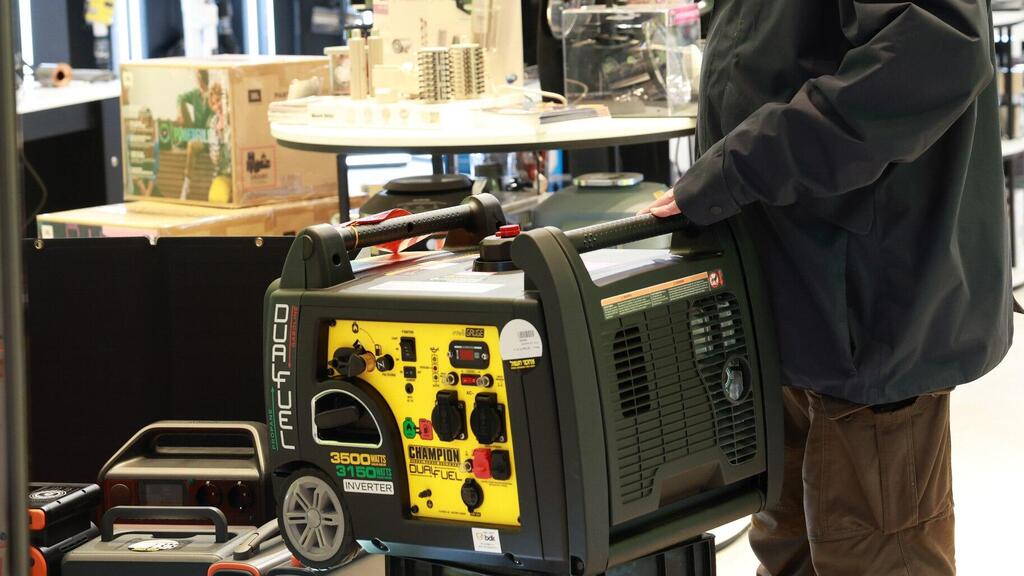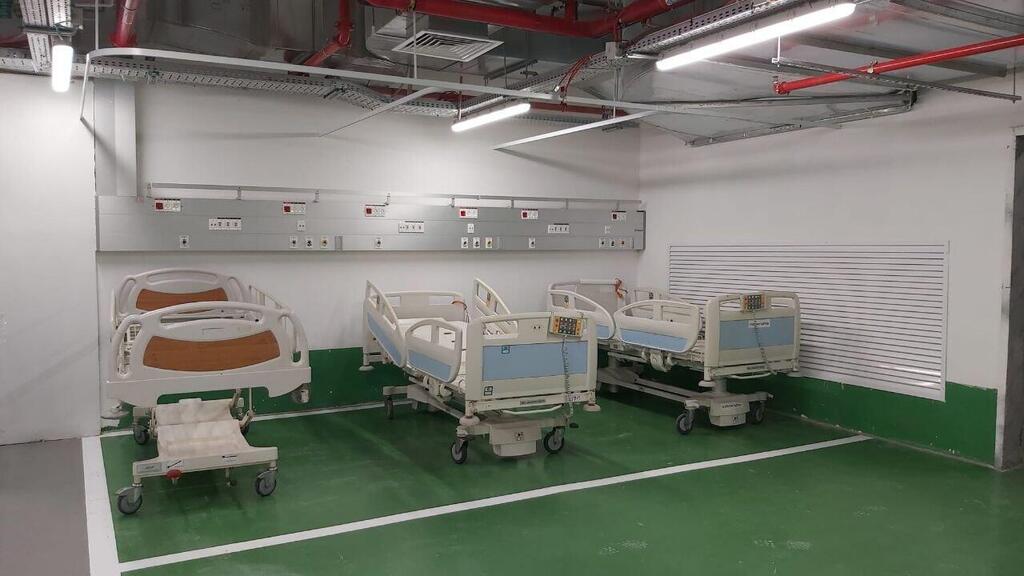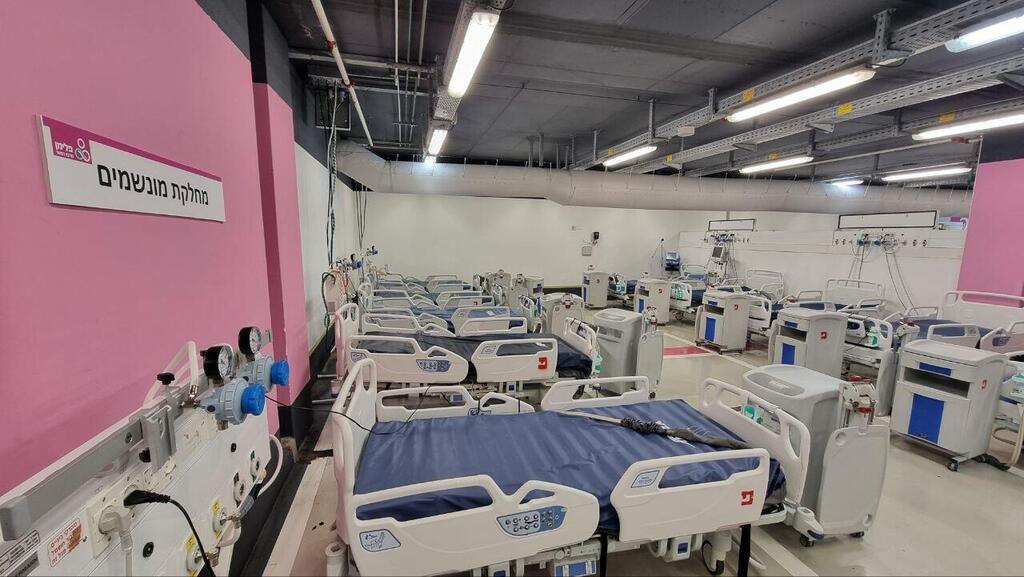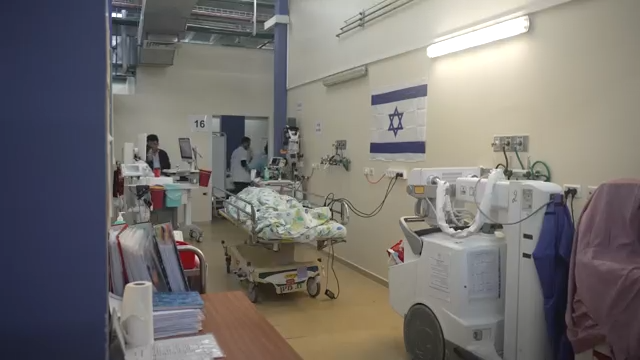Getting your Trinity Audio player ready...
The Health Ministry began distributing generators to patients requiring respirators in their homes in the north of the country, in preparation for power outages that may occur if fighting against Hezbollah intensifies. The project, which is in its pilot stage, now covers hundreds but will expand further if successful.
Hospitals in northern Israel were preparing for a potential war with Hezbollah, finalizing plans for two key scenarios: power outages and being cut off from access to roads and safe areas. While no new concrete instructions have been issued, senior Health Ministry officials instructed hospitals to stockpile blood supplies for six days instead of four.
Rambam Health Care Campus, the largest in the north, would be expected to handle a significant portion of the injured in the event of war. It has 900 beds in its underground complex and can expand by another 800 beds. Rambam was also preparing to take in patients that may be evacuated from smaller medical facilities nearby.
Emek Medical Center in Afula is nearing completion of its underground facility to deal with missile and UAV threats. Dr. Maor Maman, the hospital's CEO, said they were fortifying essential infrastructures, increasing the number of protected beds from 150 to 300, and opening a large protected command center.
"We prepared a communication system using phones to operate on an emergency network. We will use a newly completed underground area built to house our intensive care and dialysis units for additional beds and are stocking up on equipment and medicine according to the Health Ministry guidelines."
He said the first challenge would be working under the threat of missile fire and, as the hospital buildings are spread over a large area, moving around the campus, under fire, would also be difficult, he added.
"Another significant matter is sufficient manpower," Maman said. "We expect to have a staff shortage due to reserve duty, family members being called to reserve duty, and difficulty reaching the hospitals if roads are blocked or unusable. Hospitals in general, and ours in particular, are working very hard to be prepared for any scenario and will handle any situation."
Baruch Padeh Medical Center in Tiberias is also prepared to move departments underground. "Many of the departments such as the ER, intensive care, delivery rooms, neonatal unit, operating rooms and dialysis have been made into protected areas." the hospital said. "In an emergency, an underground floor is ready to receive patients from departments that do not have the necessary protection. We maintain readiness and operate according to the instructions of the Health Ministry."
Ziv Medical Center in Safed may be under constant rocket fire if war breaks out. CEO Professor Salman Zarka instructed his staff to arrive at the facility if and when the fighting begins and prepare for at least a 24-hour stay.
Galilee Medical Center in Nahariya is close to the border with Lebanon. "There is no doubt that the probability of war in the north is steadily increasing, and we understand that it could break out without any warning, Professor Masad Barhoum, the CEO, said in a message to staff. "Our required level of readiness has been high for almost nine months now, but it seems we will need to be even more prepared. Availability, accessibility, and immediacy – these are principles familiar to all of you for some time, but their importance is now more critical."
Barhoum said his hospital was preparing for prolonged operations with reduced or partial manpower and difficult access: "We have accumulated a large stockpile in all aspects to be ready to operate if we would be cut off from road access for several days."






